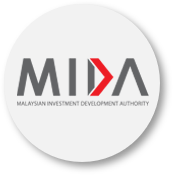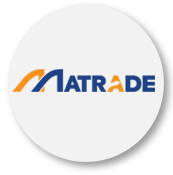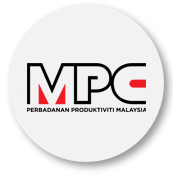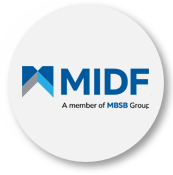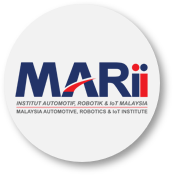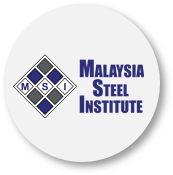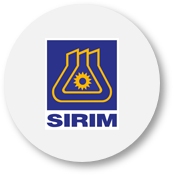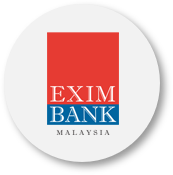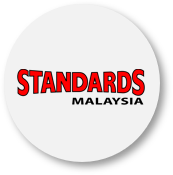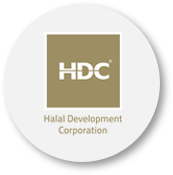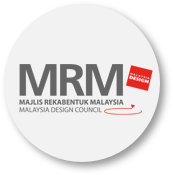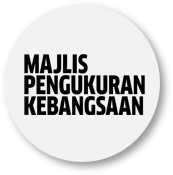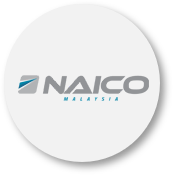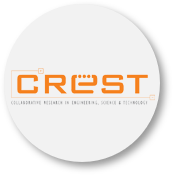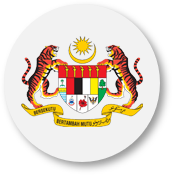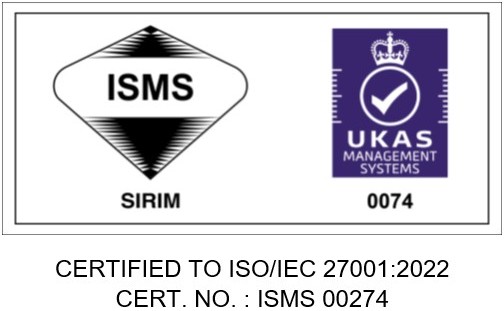The ASEAN Single Window (ASW) is a unique regional initiative that connects and integrates National Single Windows (NSWs) of Member States. The ASW objective is to expedite cargo clearance within the context of increased economic integration in ASEAN. ASW implementation ensures compatibility of Member States NSWs with international open communication standards while also ensuring that each of the Member States can then exchange data securely and reliably with any of the trading partner that use international open standards. Simpler and faster processing time, and a more transparent way of doing business – these are the main goals of the ASEAN Single Window initiative.
The ASW currently supports the exchange of the intra-ASEAN certificate of origin (ATIGA Form D) and ASEAN Customs Declaration Document (ACDD). There are seven Member States that have their NSW in place and operational namely Brunei Darussalam, Indonesia, Malaysia, Philippines, Singapore, Thailand and Viet Nam, while Cambodia, Lao PDR and Myanmar have yet to establish their respective NSWs to expedite the domestic process for completion of their NSWs
The ASW pilot project consists of three components, namely:
- Component 1: Study the establishment of the most feasible network architecture to conduct the ASW Pilot Project;
- Component 2: Setting up the AWS network infrastructure agreed by ASEAN Member States (AMS); and
- Component 3: Conducting an evaluation on the outcomes of the Pilot Project implemented in Component 2 (full-fledged).
The next step is to launch the "full-fledged" ASW Pilot Project Component 2, which is currently in-progress, where the technical committee is finalising the Terms of Reference (TOR). After the ASW Pilot Project Component 2 (full-fledged) is successfully implemented, more documents will be exchanged in addition to the ATIGA Form D and ACDD.
There are four additional documents that have been identified:
- Ocean Booking Confirmation (House/Master);
- Loading Confirmation;
- Pre-Departure Export Manifest Summary (House/Master) (Pre-Departure Cargo Report); and
- Sanitary and Phytosanitary Certificate (including phytosanitary, veterinary, and health certificate).
On the institutional side, ASW development is managed by the ASW Steering Committee and supported by technical and legal working groups, which have been developing the technical and legal architectures. Consultations with the private sector have been initiated on data to be exchanged in the ASW architecture, as have been other complementary initiatives, such as the ASW sustainability study, which provided recommendations on governance, business model, and financial feasibility. The sustainability study will examine every aspect to ensure an effective and successful ASW implementation. The study includes areas on governance structure, and costing. The ASW Steering Committee has established a Protocol on the Legal Framework (PLF) which is a legally binding agreement outlining the commitment and responsibilities of AMS with respect to the 'live' implementation of the ASW and will be signed by ASEAN Finance Ministers. The PLF is currently undergoing legal scrubbing.
Malaysia NSW was launched in 4 September 2012, through the NSW portal myTRADELINK. It provides a single point of referral for all related parties in the trade community to exchange documents required to fulfil regulatory trade processes for import, export or transit – anytime, anywhere via the internet. Six core services provided by Malaysia's NSW through myTRADELINK include:
- eManifest;
- ePayment;
- ePCO;
- ePermit;
- ePermitSTA; and
- eDeclare.
Last Updated 2015-05-14 11:59:13 by admin2







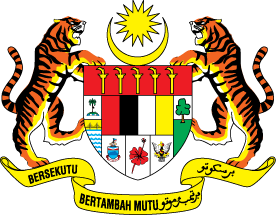





 Home
Home








